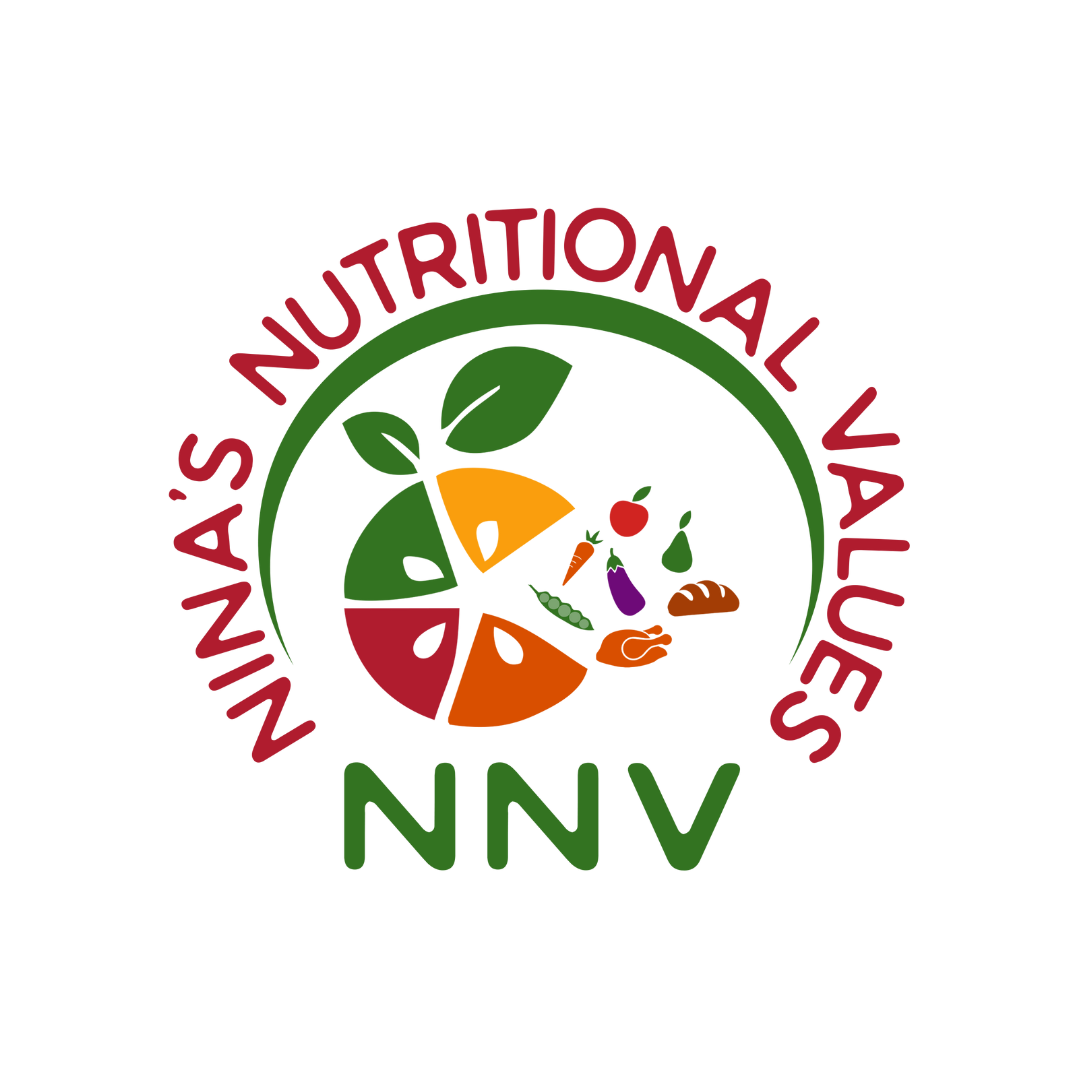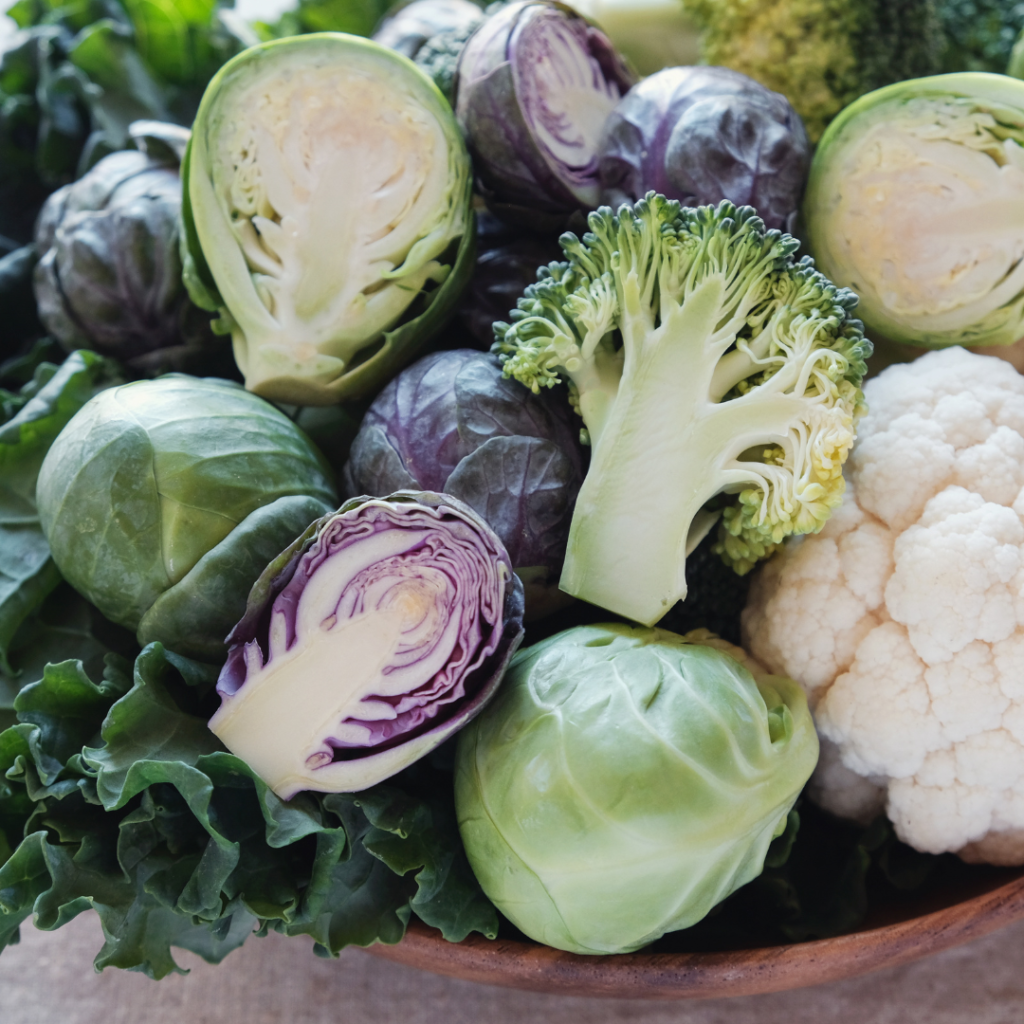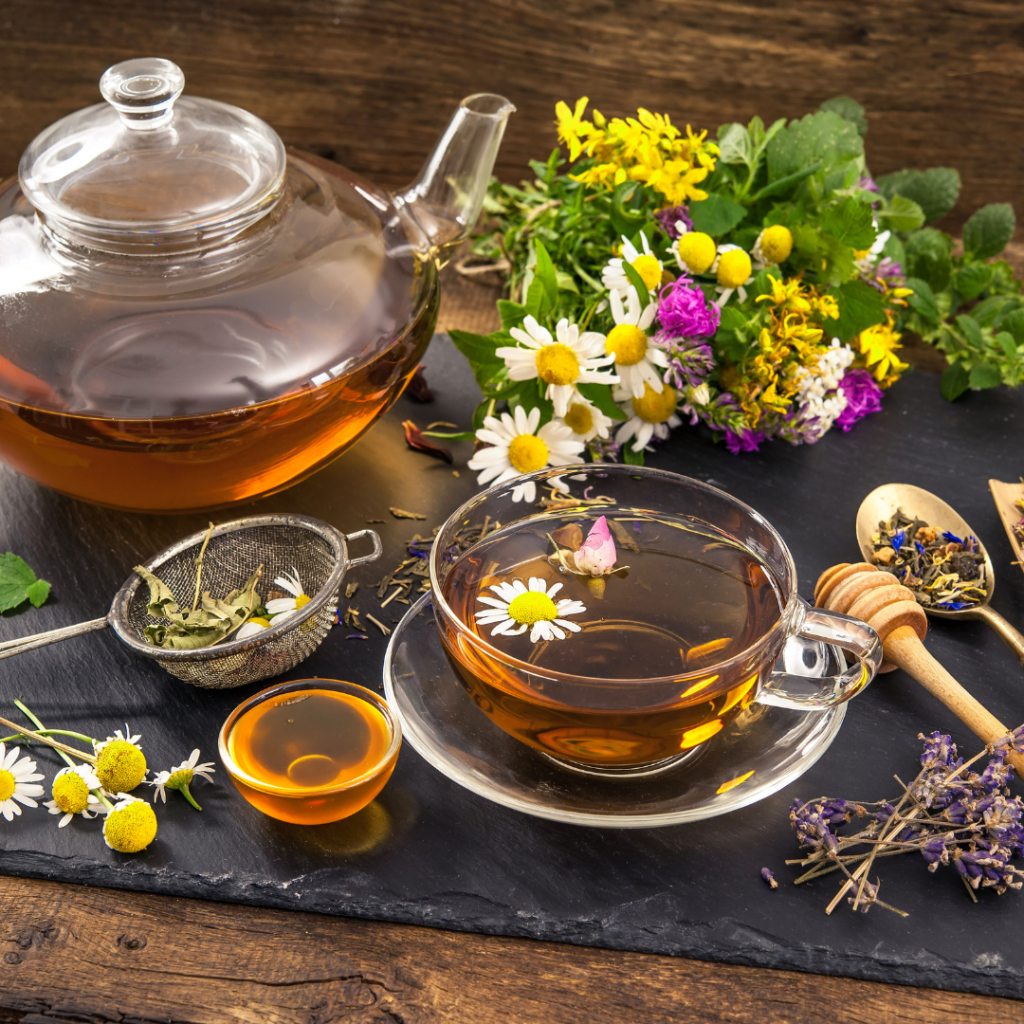Foods That Help Relieve Gas and Bloating
Whether solo or accompanied by gas, bloating is uncomfortable. It can also leave you feeling self-conscious about your stomach and limit your wardrobe until your symptoms subside. Below we dive into foods that decrease bloating and other tips for alleviating your discomfort.
What Causes Bloating?
Bloating is defined as tightness, fullness, or pressure in your belly. It’s often, but not always, accompanied by gas. If chronic, it may be accompanied by inflammation. Both are a fullness that differ from fat. Belly fat is jiggly while bloating and inflammation leave your skin taut and round.
We all experience bloating on occasion. When it occurs, consider what you’ve eaten in the last day or two in search of anything that may have slowed down your digestion. If your symptoms are chronic, it’s even more important to determine the cause, which may require a trip to the physician and a series of tests.
Common causes include:
Period bloating
Other hormonal fluctuations
Prescription medications
Celiac disease
IBS
Food allergies
Some synthetic food additives
Gas-inducing foods
What Are Gas-Inducing Foods?
Some foods and beverages, including some whole foods, need to be eaten regularly, eaten in moderation, or prepared in a specific manner to minimize gas and bloating. For example, pinto beans can cause gas if you don’t eat them often, but if you prepare them properly and eat them regularly your body develops an ability to digest them without discomfort. Or you may only feel bloated when you eat multiple servings of dairy, but not when you eat a serving or two per day.
Other gas-inducing foods include:
Legumes
Cow’s dairy
Beer
Onions
Garlic
Apples
Pears
Artificial sweeteners
High-fat foods
Carbonated beverages
Wheat, rye, and barley
Cruciferous vegetables—broccoli, cauliflower, and cabbage
What Foods Decrease Bloating?
If from a temporary trigger, such as period bloating, your symptoms will subside on their own. However, you may be able to speed things up by eating foods that decrease bloating. There’s no magic formula, so mix several of these options into your diet to find what works for you.
Parade magazine provides a detailed list of foods that decrease bloating, including:
Fermented foods—unsweetened yogurt, kimchee, miso, and sauerkraut.
Fruit—kiwi, blueberries, watermelon, bananas, avocado, tomato, and citrus.
Vegetables—winter squash, cucumber, celery, and sweet potatoes.
Herbal teas—ginger, peppermint, chamomile, green tea, and digestive blends.
Other hydrating fluids—plain water, lemon-infused water, and coconut water.
In addition to mixing the foods and beverages above into your diet, keep alcohol, sodium, caffeine, and processed foods to a minimum until your symptoms subside. Also, eliminate foods that induce bloating.
Is There Anything Else You Can Do to Minimize Bloating?
Yes, in addition to eating foods that help to regulate your digestion, consider exercise and self-massage. Any type of exercise can improve digestion, but prioritize yoga, Pilates, and stretches that gently twist your body. Also, consider a gentle stomach massage.
Need Help Personalizing Your Approach to Bloating and Gas?
You can use the bloat-reducing tips above proactively and reactively. If you are looking for a way to shift your diet to decrease both short and long-term bloating, gas, and inflammation—reach out to Nina’s Nutritional Values!


